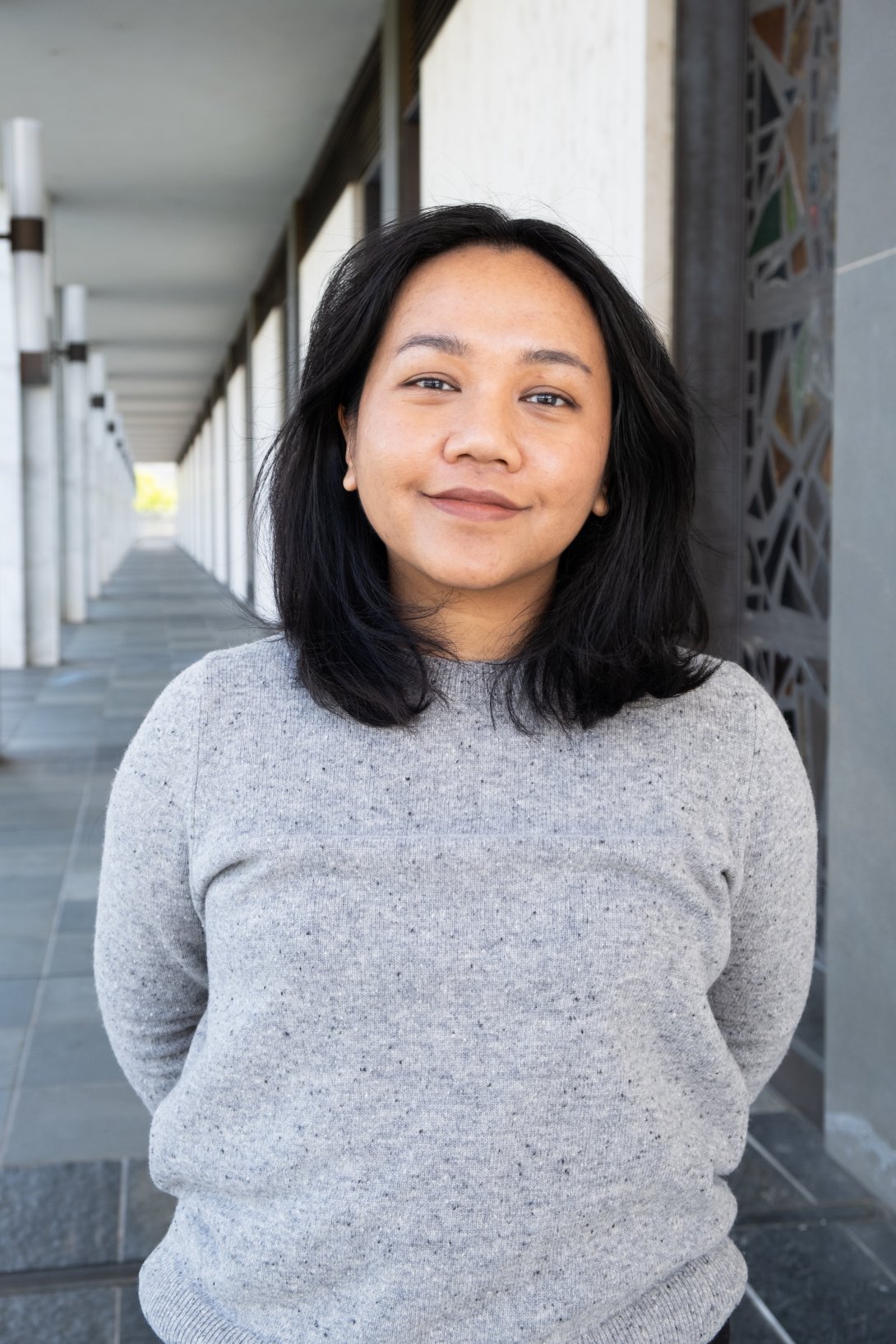Due to scheduled maintenance, the National Library’s online services will be unavailable between 8pm on Saturday 7 December and 11am on Sunday 8 December (AEDT). Find out more.
The National Library has a range of Fellowships and Scholarships available to researchers, writers, artists, and younger scholars.
Dr Annisa Beta is a recipient of the 2022 Asia Study Grant. We spoke to Annisa on her time at the Library and research topic, ‘A genealogy of modern Indonesian girls’.

Why did you want to study at the National Library?
My project aims to examine the claims and assumptions about Indonesian girls’ political subjectivity. The National Library's rich Indonesian-language archives are significant to help me understand the formations of ideals and popular imaginations about girls and young women in newspapers, magazines, books, reports and government documents. The National Library of Australia is one of the few libraries in the world to hold such an excellent collection of sources in Bahasa Indonesia, and I am glad that I spent four weeks here.
How has your time at the National Library helped you to advance your research?
I found excellent documents from the 1960s to the 2010s that showcase the different ways girls and young women have participated actively in political movements, including the 1998 series of protests that took down the authoritarian regime. The documents showed me how the dominant narrative that girls are seemingly disinterested in larger political changes have been long in the making. Nonetheless, it was fascinating to find the visibility of young women protestors in newspapers coverage of the 1998 protests. This, to me, demonstrates how we (and by ‘we’ I mean scholars and policymakers) could be more critical with claims that girls from Indonesia (and many developing countries) need to be ‘guided’ in order to be politically active. Furthermore, the archives also helped me make sense of the heightened visibility of girls and queer young people in Indonesia’s political landscape.
What do you hope people learn from your project? What did you discover that you want to share?
During my fellowship, I focused on three key periods in Indonesia: the New Order (1966-1998), Reformasi (1998), and the first decade of post-Reformasi (1998-2008). The Library’s Indonesian language collection helped me draft a typology of different terms used to name girls and young women in those three periods. These different terms indicate how the public discourse expect the female youth to act, from being seen as superficial, in need of guidance, full of economic potential, to revolutionary. How we call these young subjects matter because these terms inform how we position them. These positions that we afford them could articulate their agency, provide them spaces to make claim of the rights as active political subjects and citizens. It is also important because the positions that we afford them influence and shape how they feel supported about the future and possibilities of change that they can create.
Why would you recommend the National Library's Asia Study to others?
I would definitely recommend it for those working on Asia-related subjects. The Library has a rich collection, and the librarians and staff members were extremely helpful. I had a great time.
The Asia Study Grants program is supported by the Harold S. Williams Trust Fund and the Opalgate Foundation.
The Asia Study Grants program offers academics a four-week residency at the Library, with privileged access to our Asian language and Asia-related collections. During their residency, National Library of Australia Asia Study Grant recipients also have access to full office facilities including a personal workstation.
You can read more about the National Library’s Fellowships and Scholarships programs on our website.
Please note: The National Library is undertaking a review of its Fellowships and Scholarships program to ensure it meets the needs of researchers, PhD students and creators. This review may result in changes to some of the opportunities offered beyond 2024.